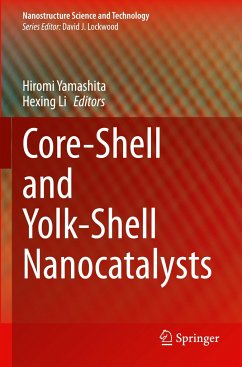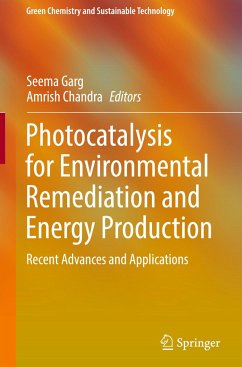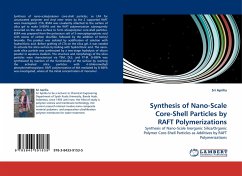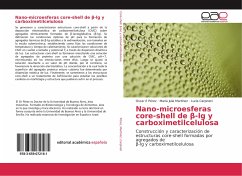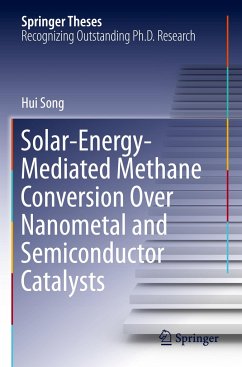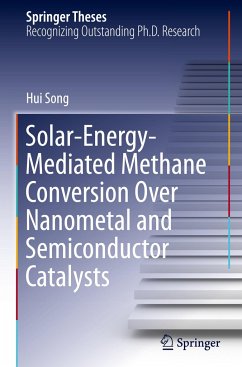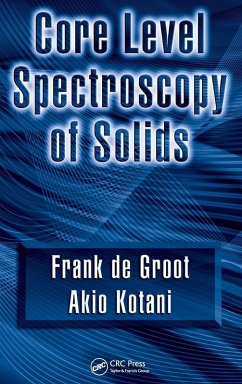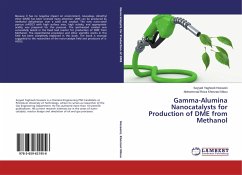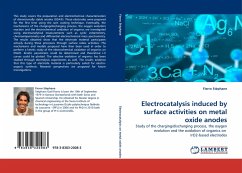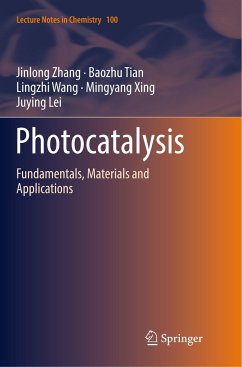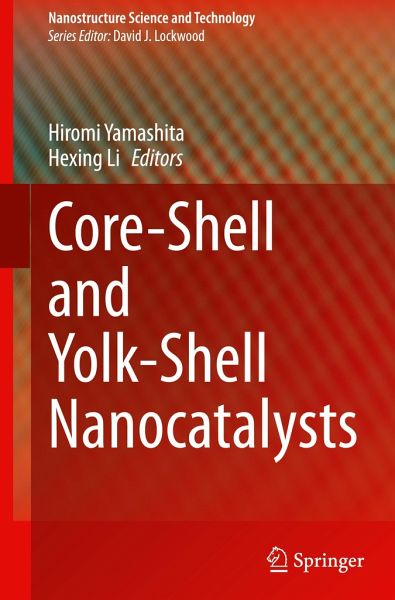
Core-Shell and Yolk-Shell Nanocatalysts

PAYBACK Punkte
68 °P sammeln!
This book introduces recent progress in preparation and application of core-shell and yolk-shell structures for attractive design of catalyst materials. Core-shell nanostructures with active core particles covered directly with an inert shell can perform as highly active and selective catalysts with long lifetimes. Yolk-shell nanostructures consisting of catalytically active core particles encapsulated by hollow materials are an emerging class of nanomaterials. The enclosed void space is expected to be useful for encapsulation and compartmentation of guest molecules, and the outer shell acts a...
This book introduces recent progress in preparation and application of core-shell and yolk-shell structures for attractive design of catalyst materials. Core-shell nanostructures with active core particles covered directly with an inert shell can perform as highly active and selective catalysts with long lifetimes. Yolk-shell nanostructures consisting of catalytically active core particles encapsulated by hollow materials are an emerging class of nanomaterials. The enclosed void space is expected to be useful for encapsulation and compartmentation of guest molecules, and the outer shell acts as a physical barrier to protect the guest molecules from the surrounding environment. Furthermore, the tunability and functionality in the core and the shell regions can offer new catalytic properties, rendering them attractive platform materials for the design of heterogeneous catalysts. This book describes the recent development of such unique nanostructures to design effective catalysts which can lead to new chemical processes. It provides an excellent guide for design and application of core-shell and yolk-shell structured catalysts for a wide range of readers working on design of attractive catalysts, photocatalysts, and electrocatalysts for energy, environmental, and green chemical processes.





